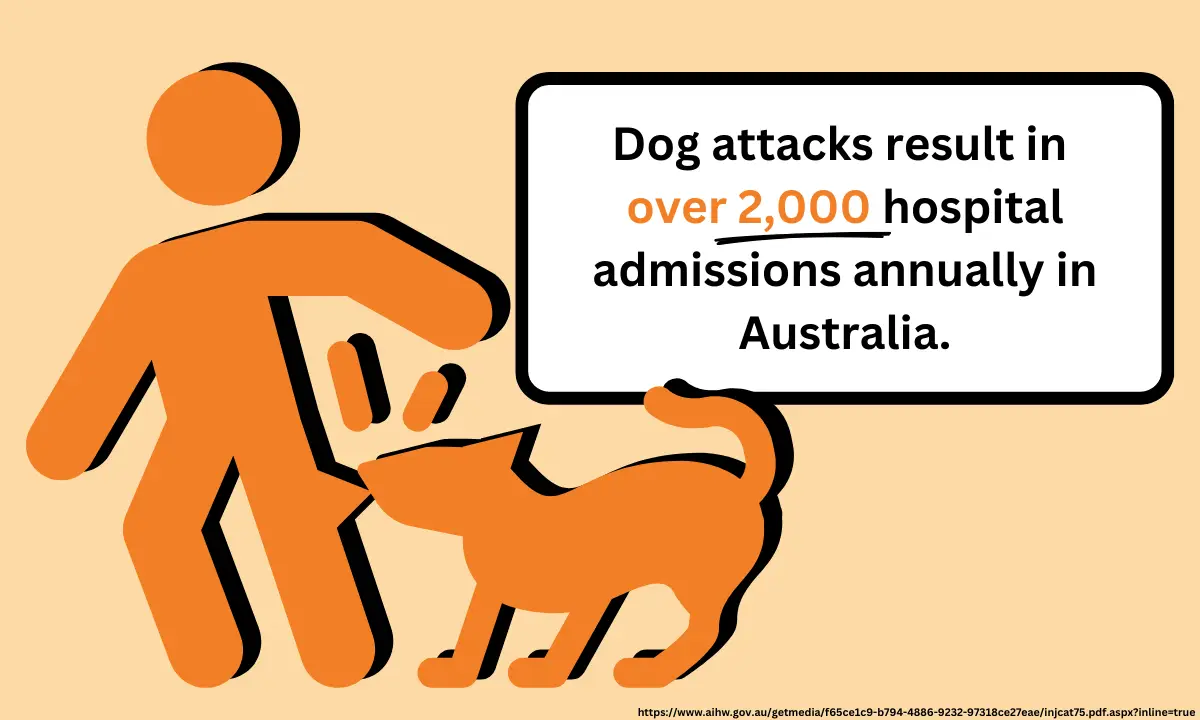Can You Work After a TPD Payout?
Yes, you can work after receiving a TPD payout! I’ve seen many clients over the years who, after a period of recovery, found themselves eager to rejoin the workforce. While it might seem like a contradiction to return to work after a TPD claim, it’s actually quite common. Most people who return don’t go back to their previous careers or roles—they often take on new positions that differ from what they were originally trained for or experienced in. These roles are usually part-time or in a different industry, allowing them to accommodate their new limitations while still finding fulfillment and purpose in work.
Read on to explore TPD claims and what you should know if you’re thinking about returning to work in a new role.
Making a TPD (Total and Permanent Disability) claim means seeking a lump sum payout from your superannuation fund or insurance policy if you’ve become unable to work due to a serious injury or illness. In Australia, TPD insurance is designed to provide financial support when you can no longer continue in your usual occupation or any role suited to your education, training, or experience.
Read our guide to learn more about making a TPD claim for a lump sum payout.

Returning to Work and your TPD Policy
When working with clients I’ve found that TPD (Total and Permanent Disability) claims can be a bit difficult for them to grasp, largely because the definitions vary based on the specifics of each TPD insurance policy. Two definitions that frequently come up and make a big difference to eligibility are “Any Occupation” and “Own Occupation”. Here’s what each one really means when it comes to making a TPD claim and returning to work.
Returning to Work in Any Occupation
This is generally the stricter TPD definition. With an “Any Occupation” TPD policy, you need to prove that you’re unable to work in any role suited to your education, training, and experience. So, even if you can’t return to the exact job you had before, you may still be ineligible for a TPD payout if there’s another type of work you could reasonably do.
Returning to Work in Own Occupation
“Own Occupation” gives a bit more flexibility and is often found in more tailored or premium policies. With this definition, you’re considered TPD if you can’t work in your specific occupation—the job you were specifically trained and experienced in before your injury. So, even if you could work in a different capacity, as long as you’re unable to perform your original role, you might still qualify for a TPD payout.
“Own Occupation” TPD policies typically have a higher chance of a successful claim.
Will I Have to Pay Back my Lump Sum if I Return to Work After a TPD Payout?
If you’re thinking about returning to work after receiving a TPD payout, a common question is whether you’ll need to repay your TPD lump sum. Generally, you won’t be required to pay back your TPD payout, even if you start working again. However, it’s important to be aware that each insurer and policy has its own terms, which can vary significantly.
We have seen resilient clients who have gone through medical treatment, including cancer sufferers, who have bounced back and started working again, sometimes in fields that even had experience in despite previously being successful in a TPD claim.
If you’re uncertain about the conditions of your policy or want to confirm that you received your full TPD entitlements, speaking with a TPD lawyer can provide peace of mind. Our TPD lawyers can help clarify your policy terms and ensure there are no unexpected implications as you consider returning to the workforce.
Returning to Work After a TPD Payout – A TPD Claim Story.
We had a client who was a tradie who only had qualifications, training and experience as a general labourer or carpenter. He had a bad back injury that was not work related or because of a slip and fall, car accident or medical negligence. That meant that despite having an injured back that prevented him from returning to work and make an income, he had no compensation entitlements to compensate him for his injury and losses. We enquired and informed him he could have TPD insurance and could potentially be eligible for a TPD claim.
After he got over the initial usual shock of not knowing he even had the insurance, despite paying for it, we were able, through medical evidence and submissions, to satisfy the definition of being unable to work in any occupation that he was suited by within his training, education, and experience. He received a TPD payout of $120,000 as per his policy.
It didn’t matter if he could have potentially worked in a call centre for example, because the terms of his policy were about what he had either learned or worked in and not any occupation in the universe. Whilst to the best of my knowledge that client didn’t return to work, he was not prevented from working in any occupation despite him previously making a successful TPD claim. If he did return to work, he was not required to pay back the money he received from making a successful TPD claim. The fact is every person reacts to an injury or an illness, differently.

Can I claim Income Protection as well as TPD Insurance?
Yes, depending on your policy and insurance coverage. Some people have income protection as well as TPD insurance which means you can claim income protection and have the benefit of being paid monthly despite making a TPD claim.
Click here to read more about income protection and TPD insurance.
What if I Don’t Know Which Superfund I am With to Know if I can make a TPD claim?
The easiest way to find out which superfund you’re with is by contacting the Australian Tax Office (ATO). They provide a “searching for lost super” contact number you can call for assistance. You can also check with your accountant or the person who prepares and lodges your tax returns, as they may have access to this information as well.
Alternatively, you can contact us for assistance on how we can help you identify which superfunds you could be a member with at the relevant date – it’s part of our free claim check. We will also help you to understand your existing policy, and advise you on your eligibility to make a claim.
What is a Free TPD Claim Check?
Each law firm approaches TPD claims differently, but at Withstand Lawyers, we believe in making the process straightforward and transparent for you. Here’s how it works: before sending you our No Win No Fee Cost Agreement, we carefully review your eligibility criteria to ensure you have a solid foundation for your claim. Initially, we’ll send you only the necessary authorisation forms to sign electronically. This allows us to reach out to any superfunds you may be a member of and gather the relevant information.
Once we’ve assessed your case, we’ll get in touch to discuss our opinion on your eligibility. If you’re eligible, we’ll then walk you through our No Win No Fee Cost Agreement – you’ll only pay our fees upon the successful completion of your TPD claim.
Ready to explore your TPD options? Contact one of our experienced TPD lawyers today.

Issa Rabaya
• Bachelor of Laws
• Graduate Diploma in Legal Practice
• Approved Legal Service Provider to the Independent Review Office
• Member of the Law Society

Issa Rabaya
• Bachelor of Laws
• Graduate Diploma in Legal Practice
• Approved Legal Service Provider to the Independent Review Office
• Member of the Law Society




